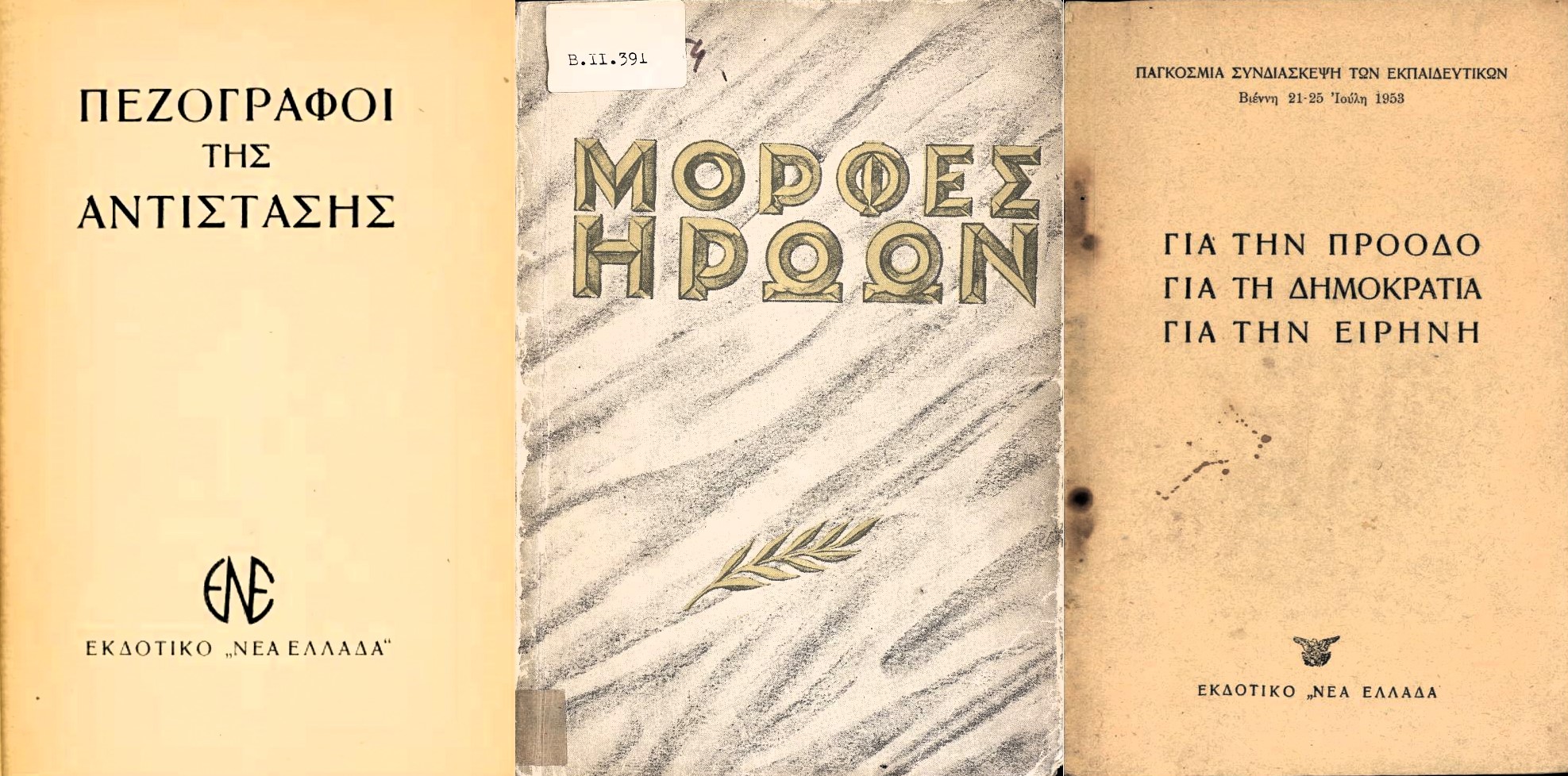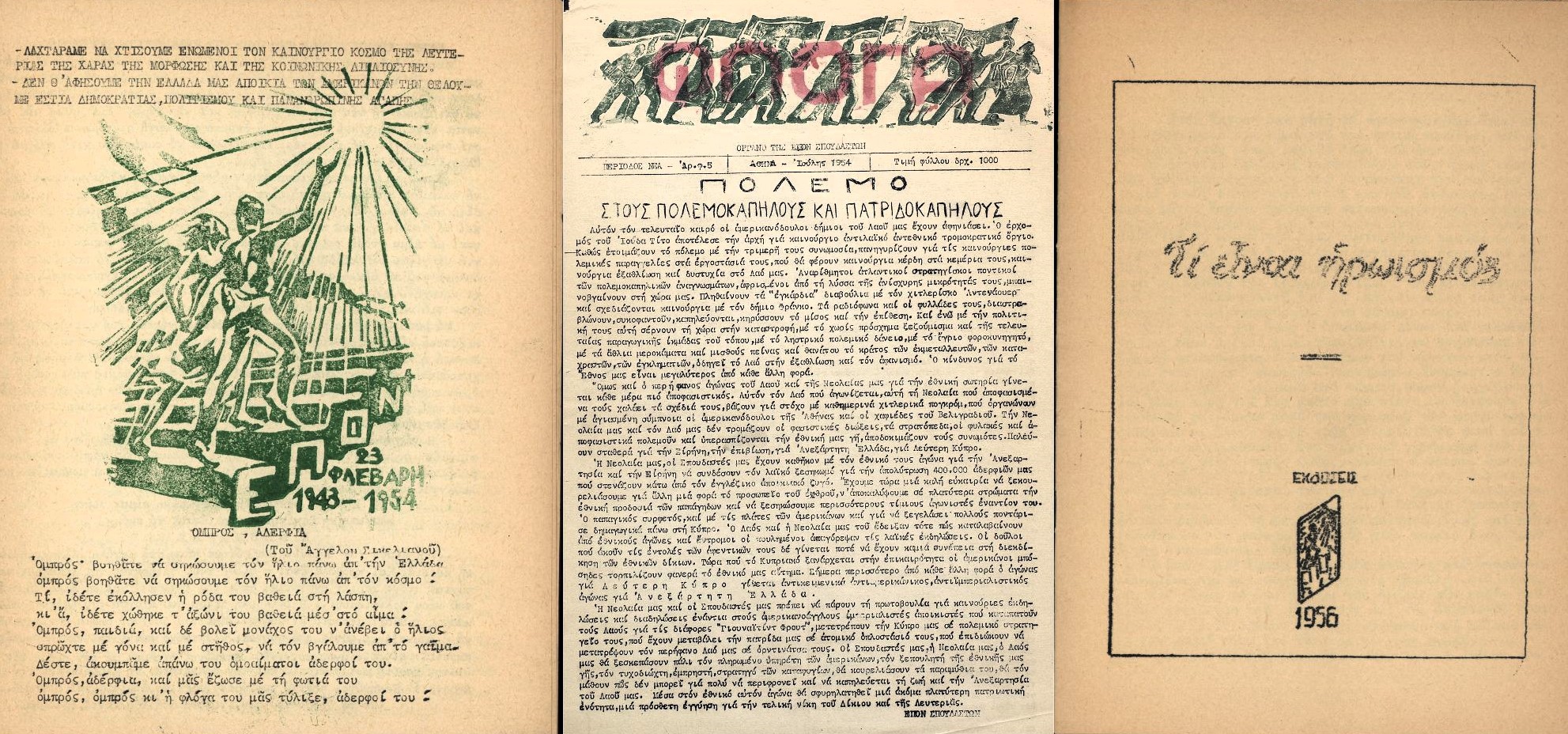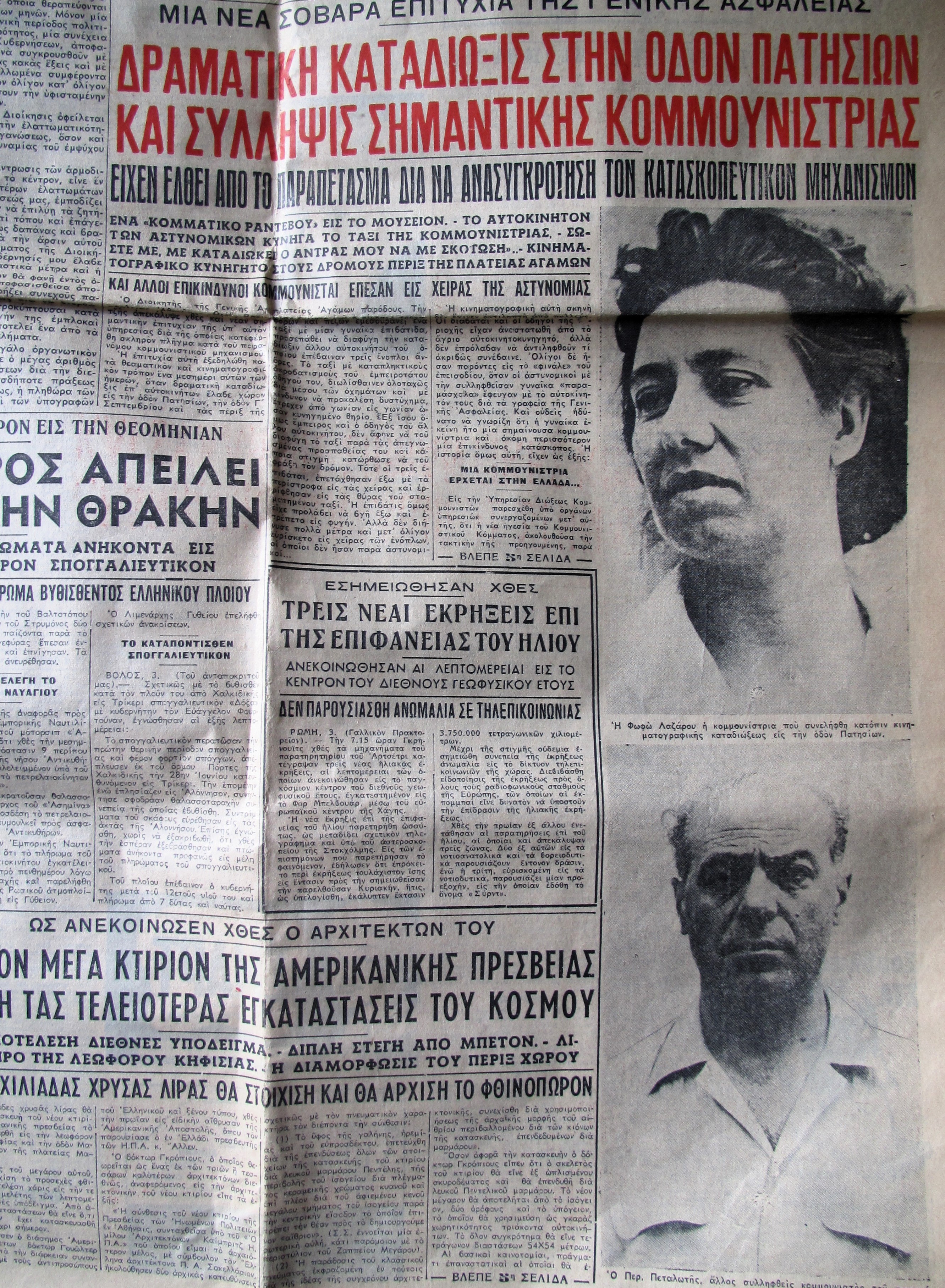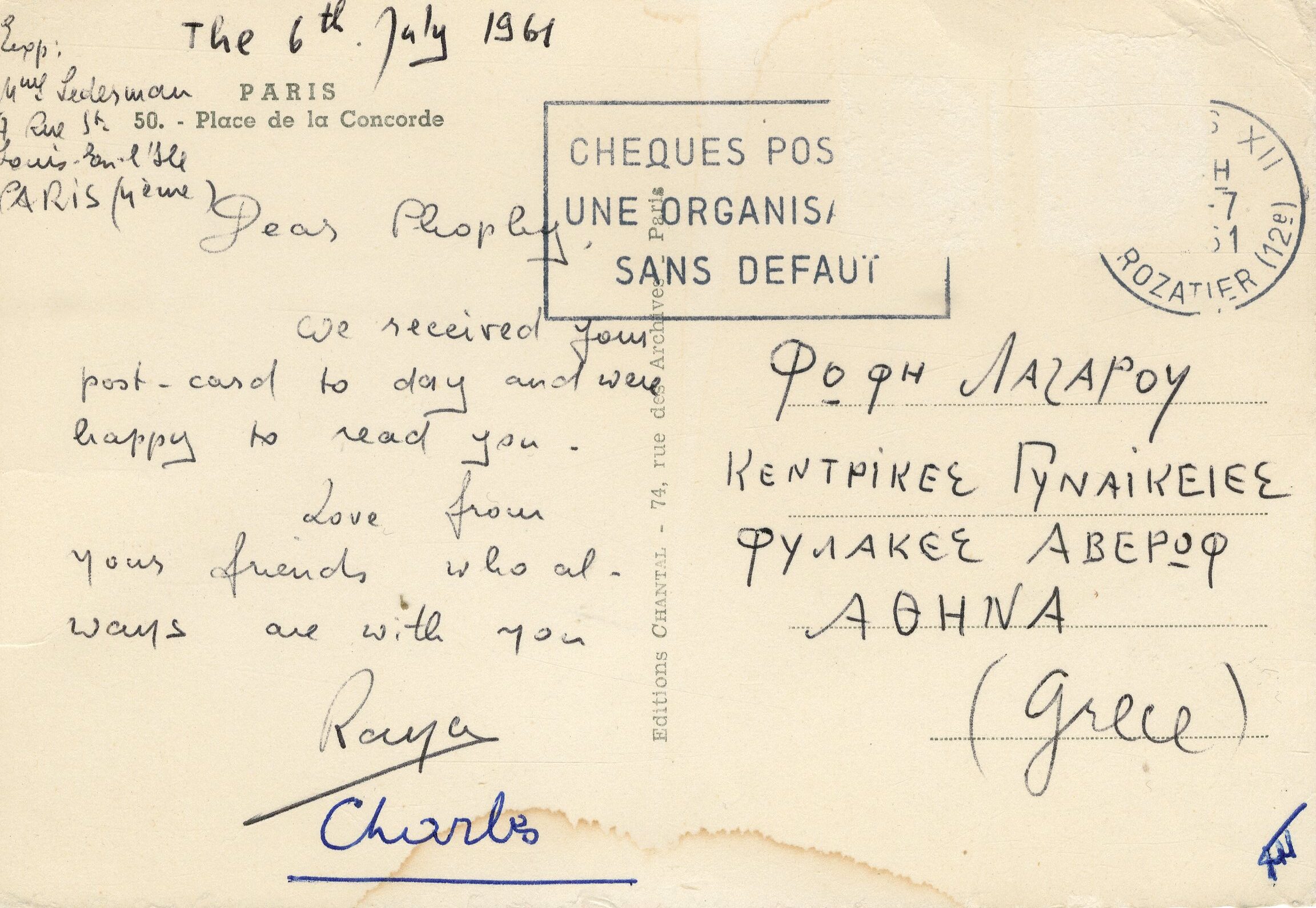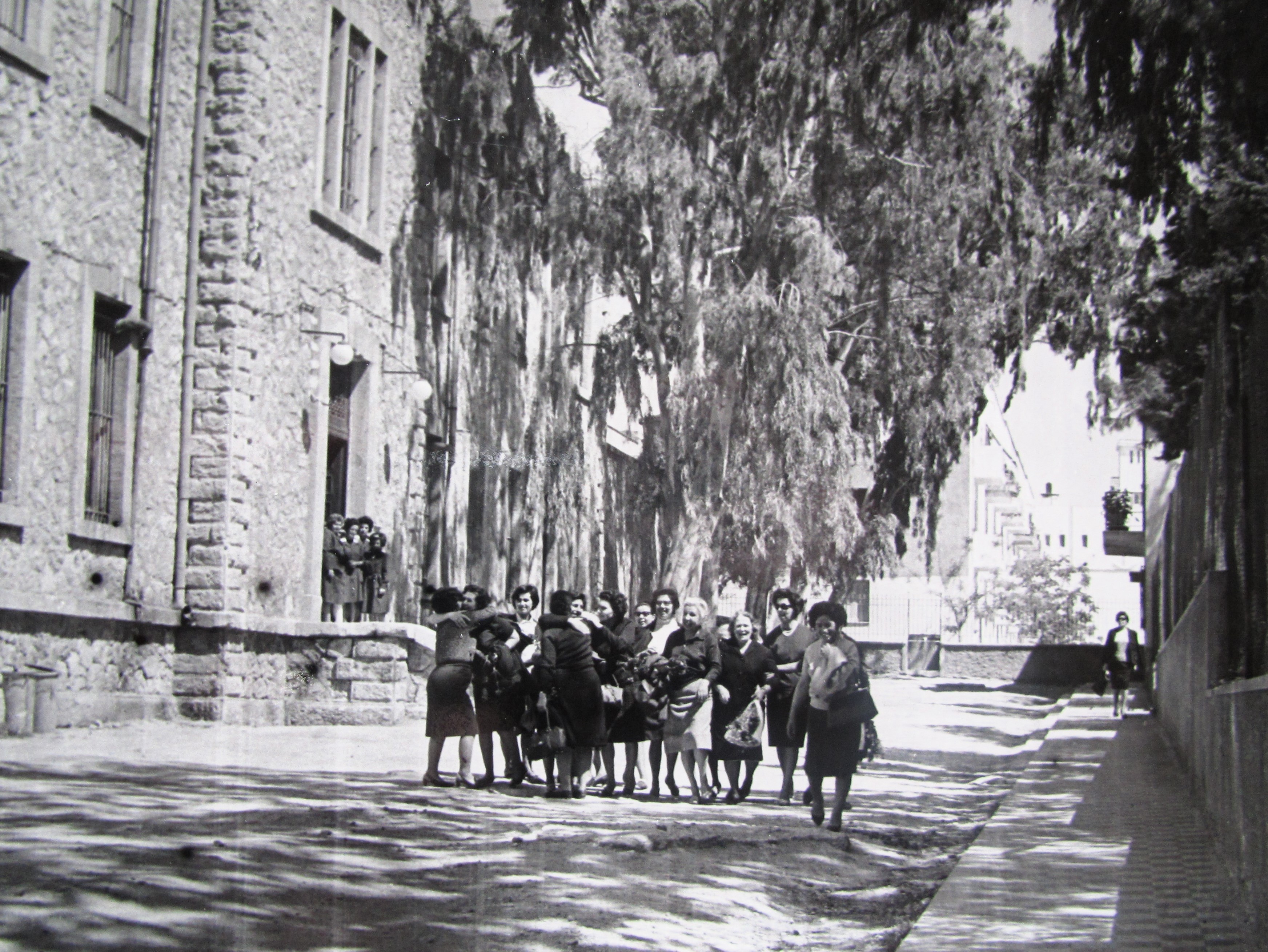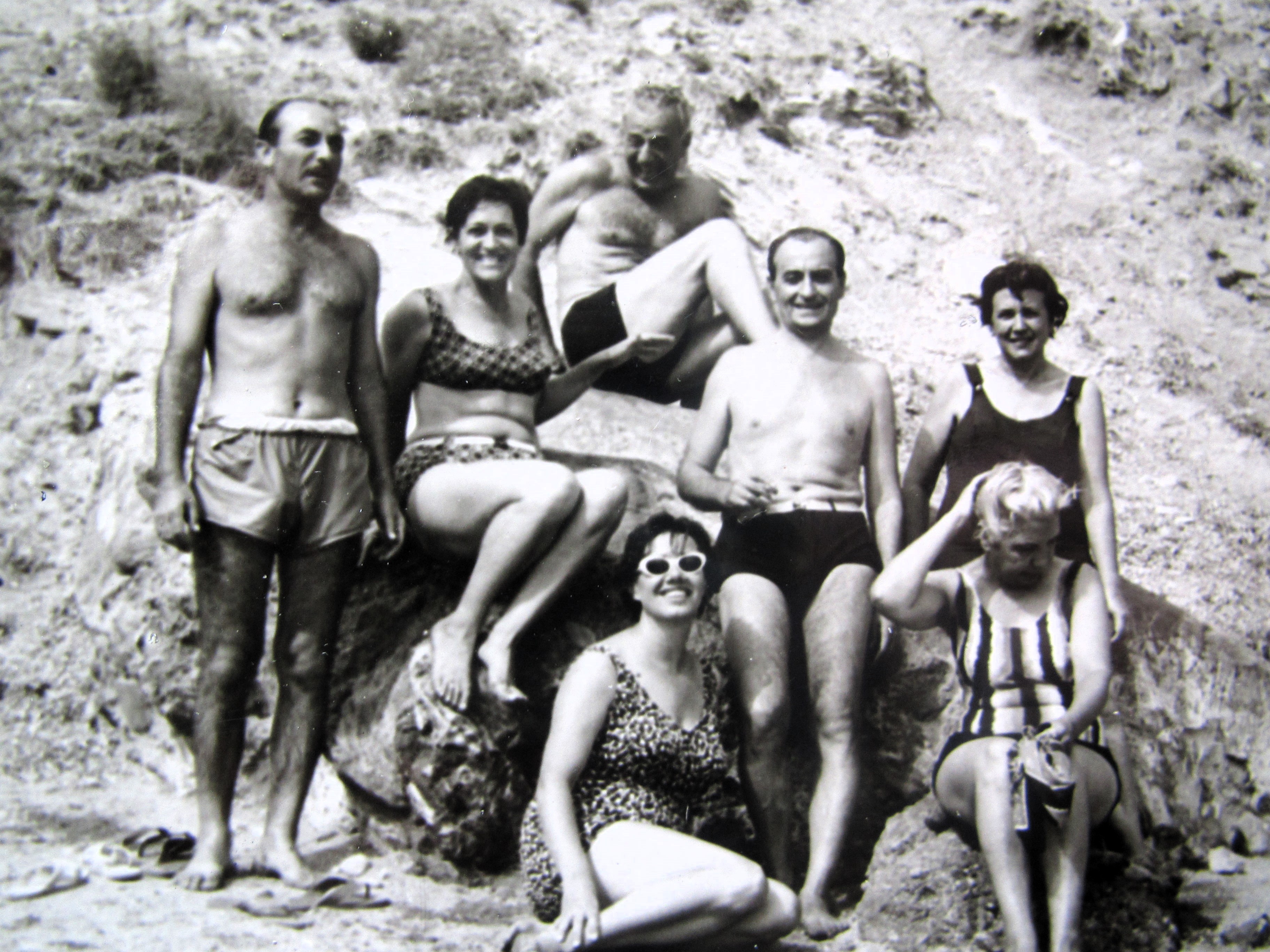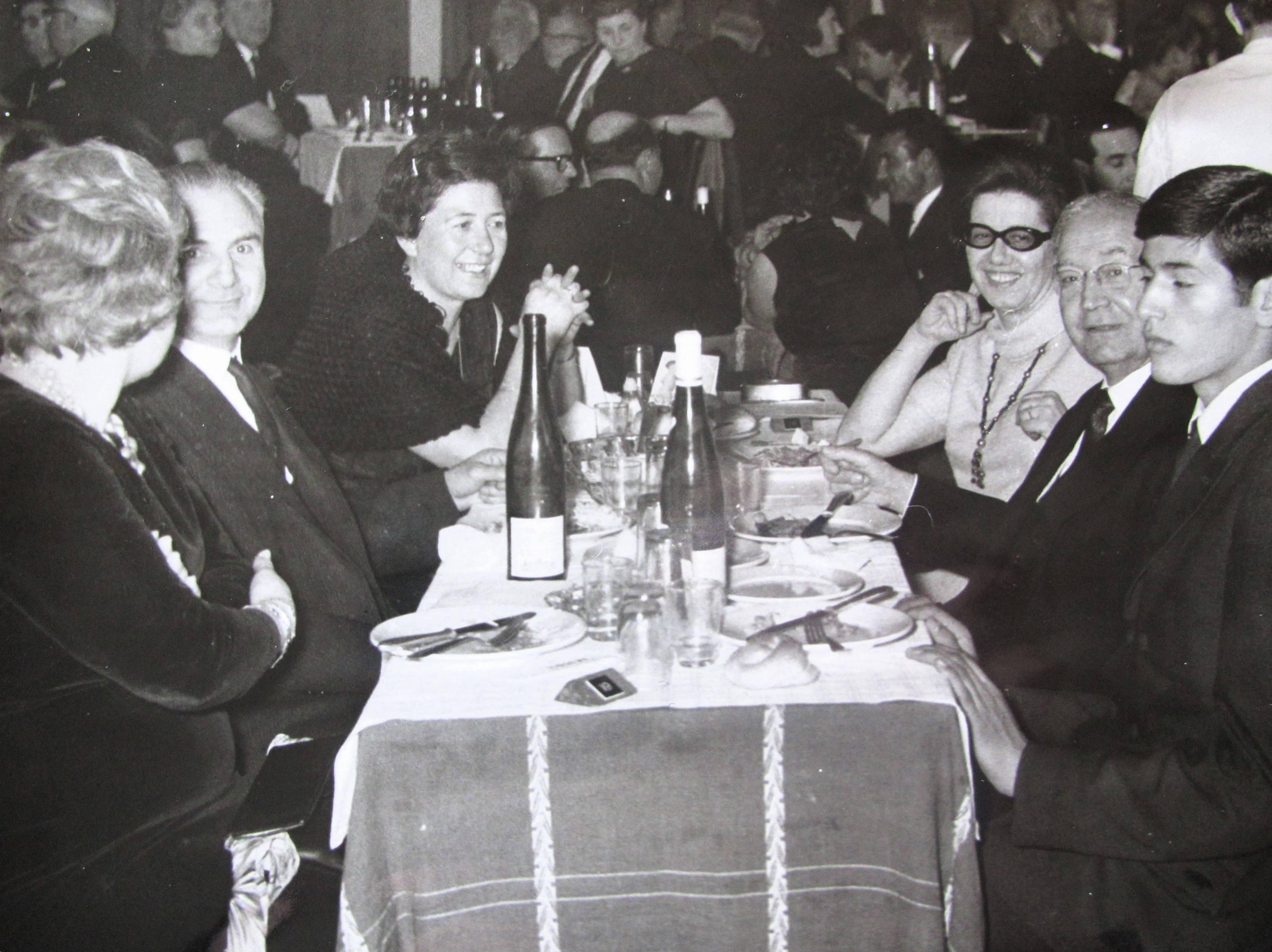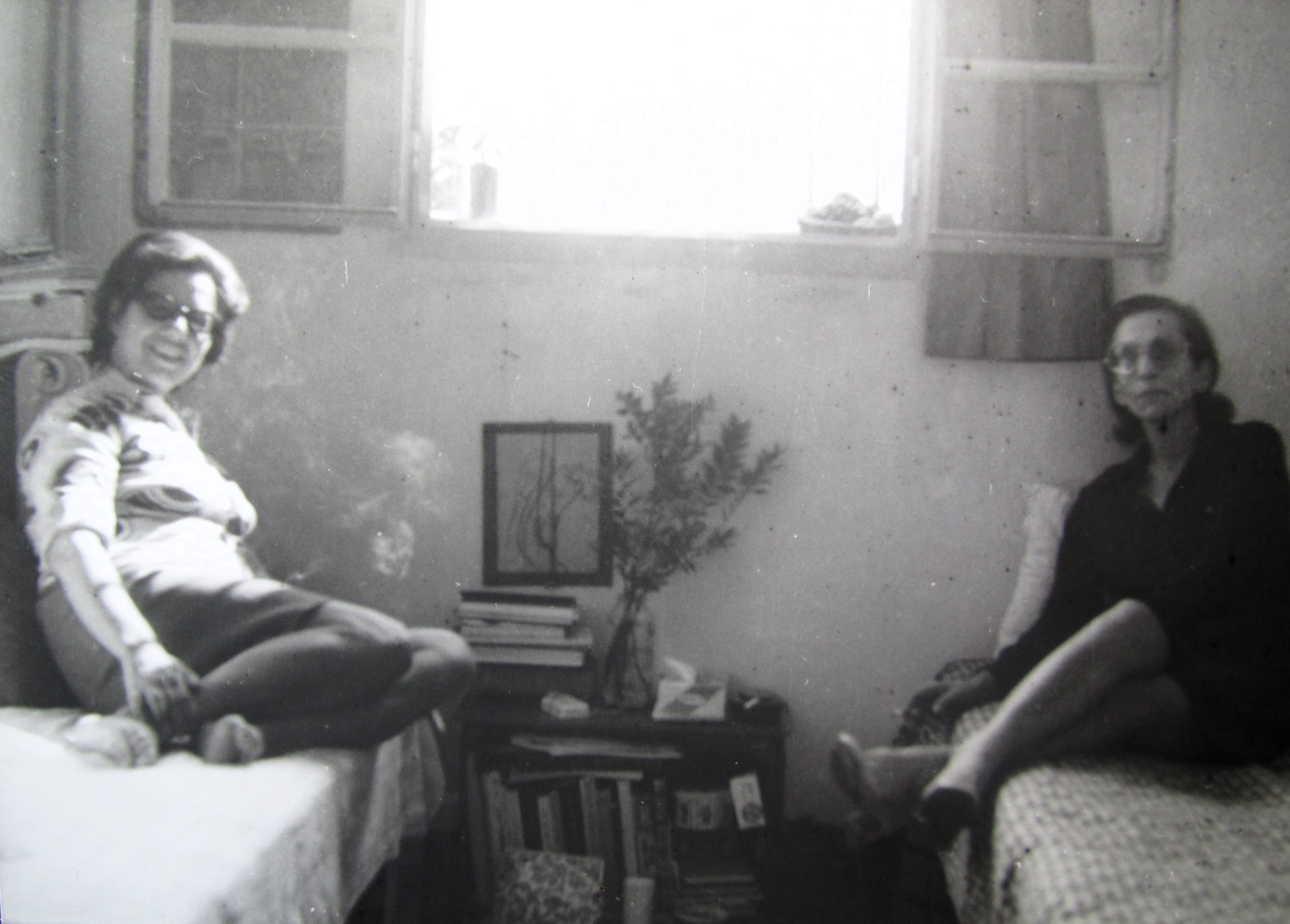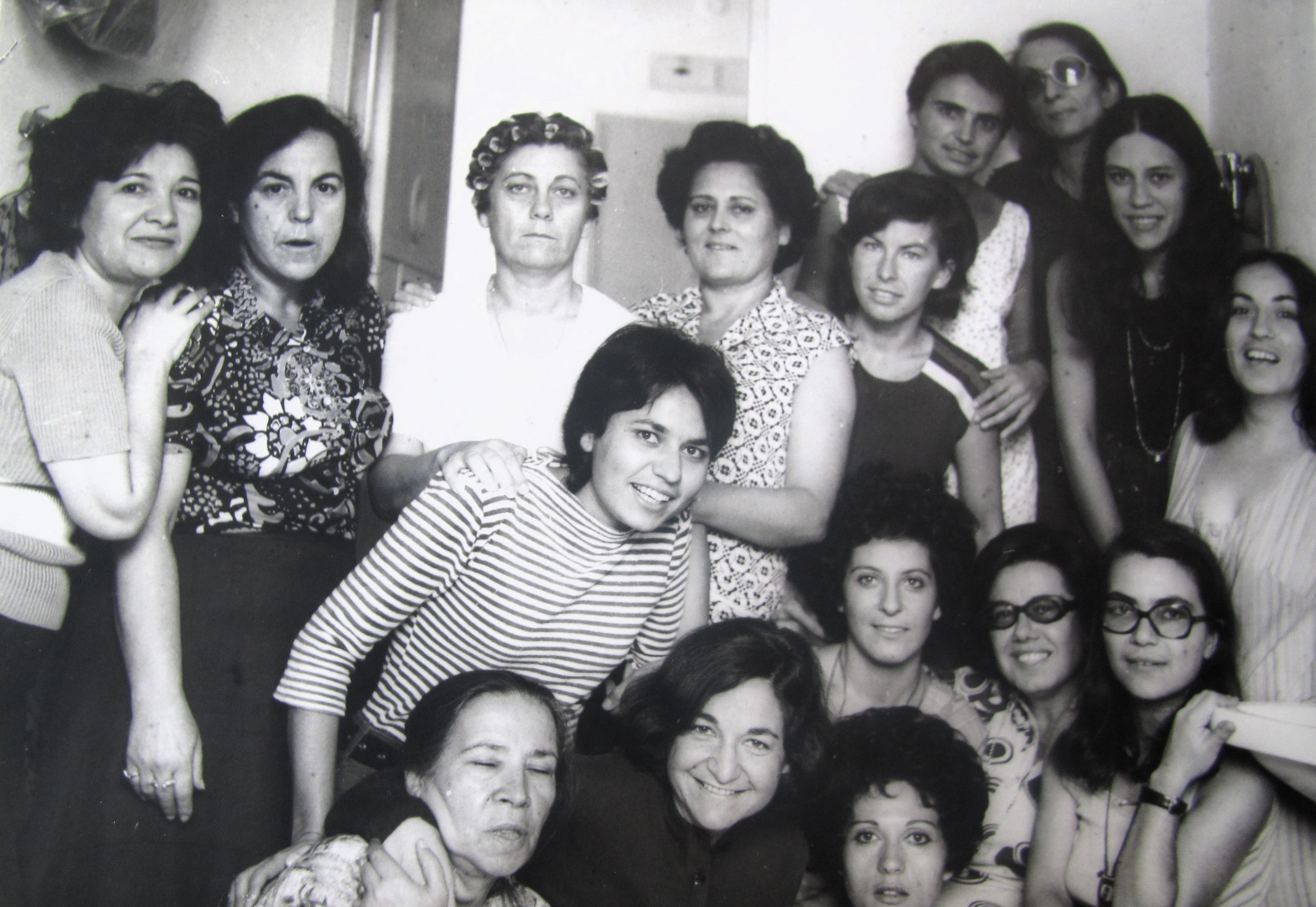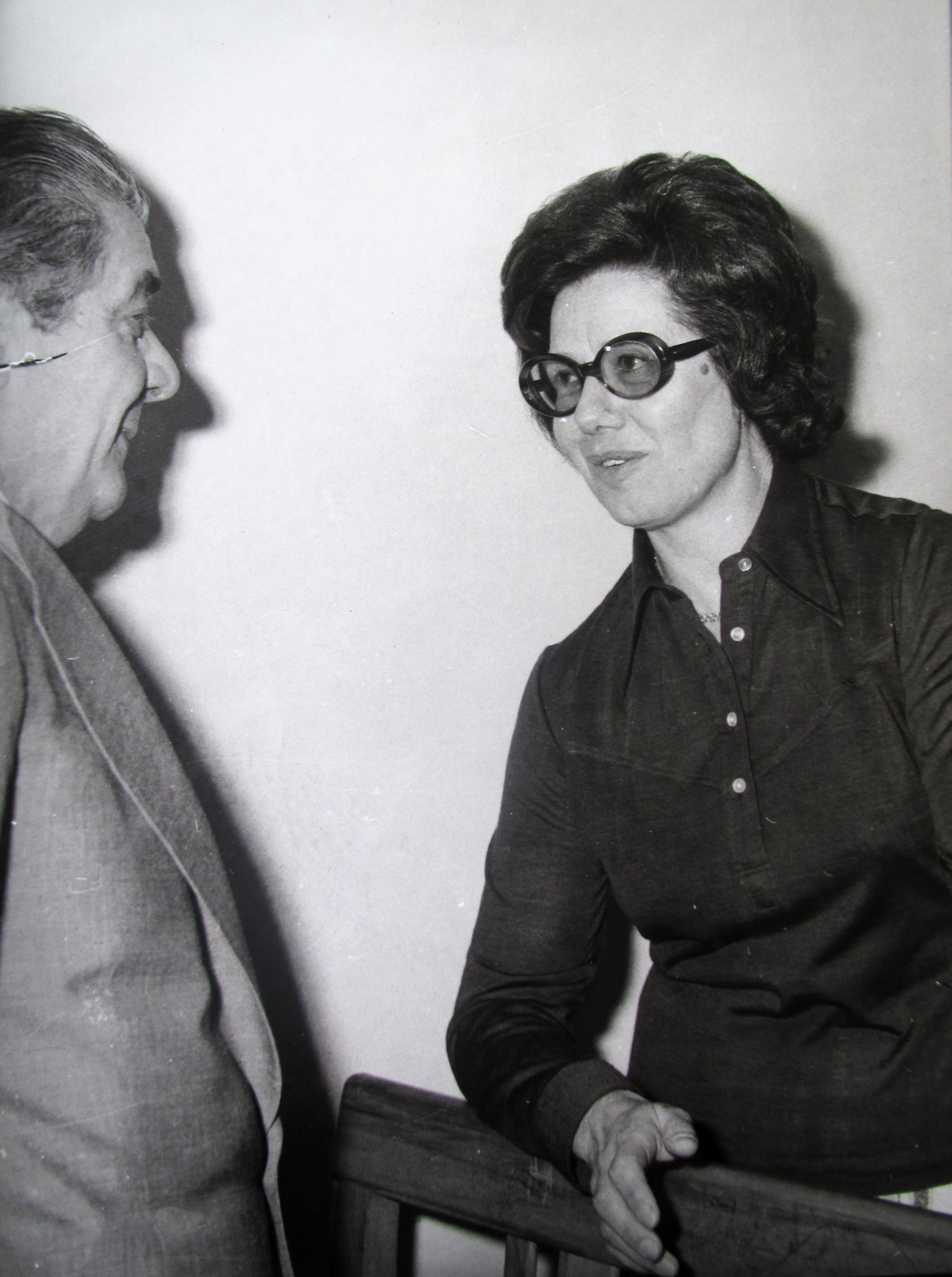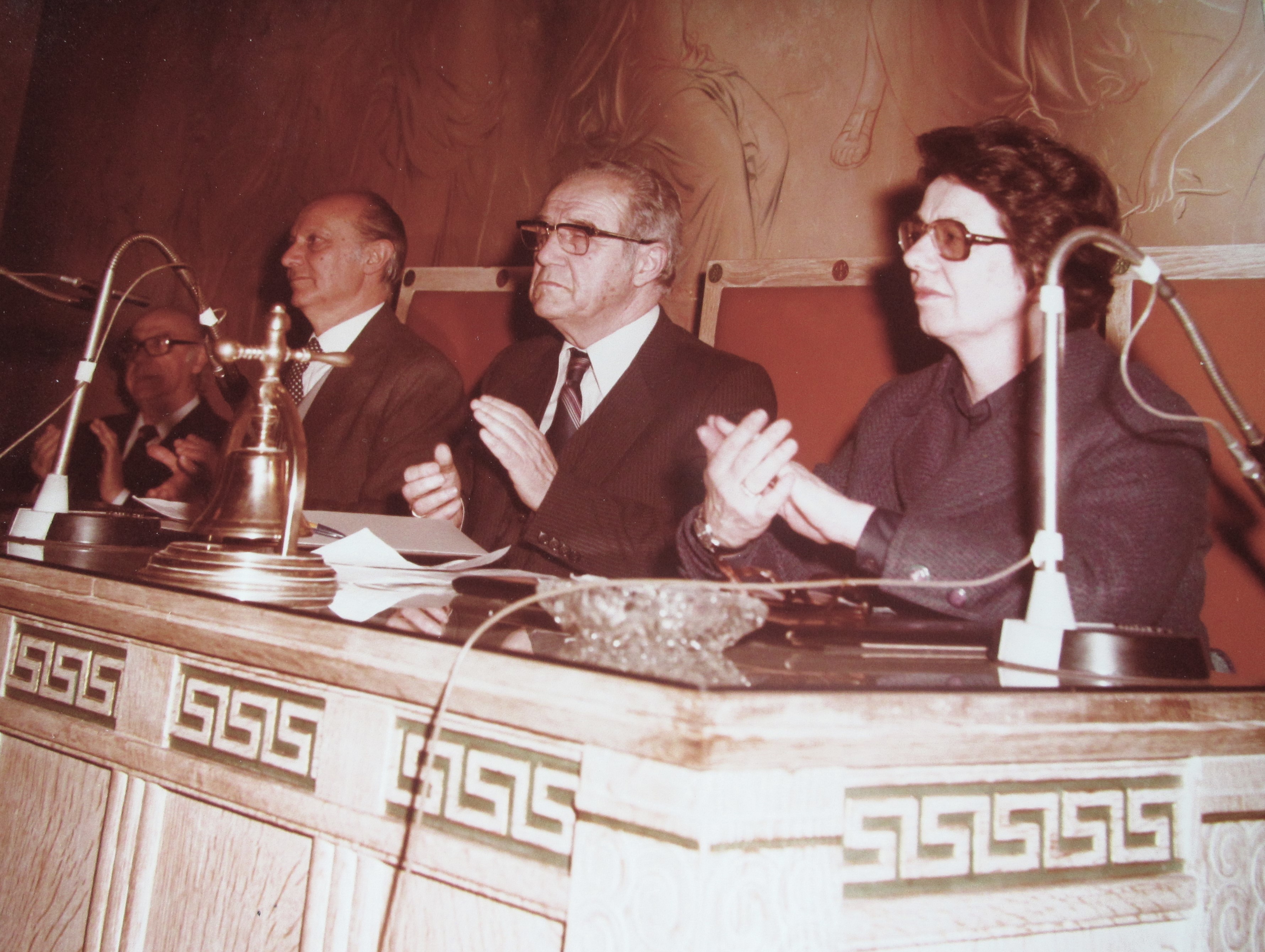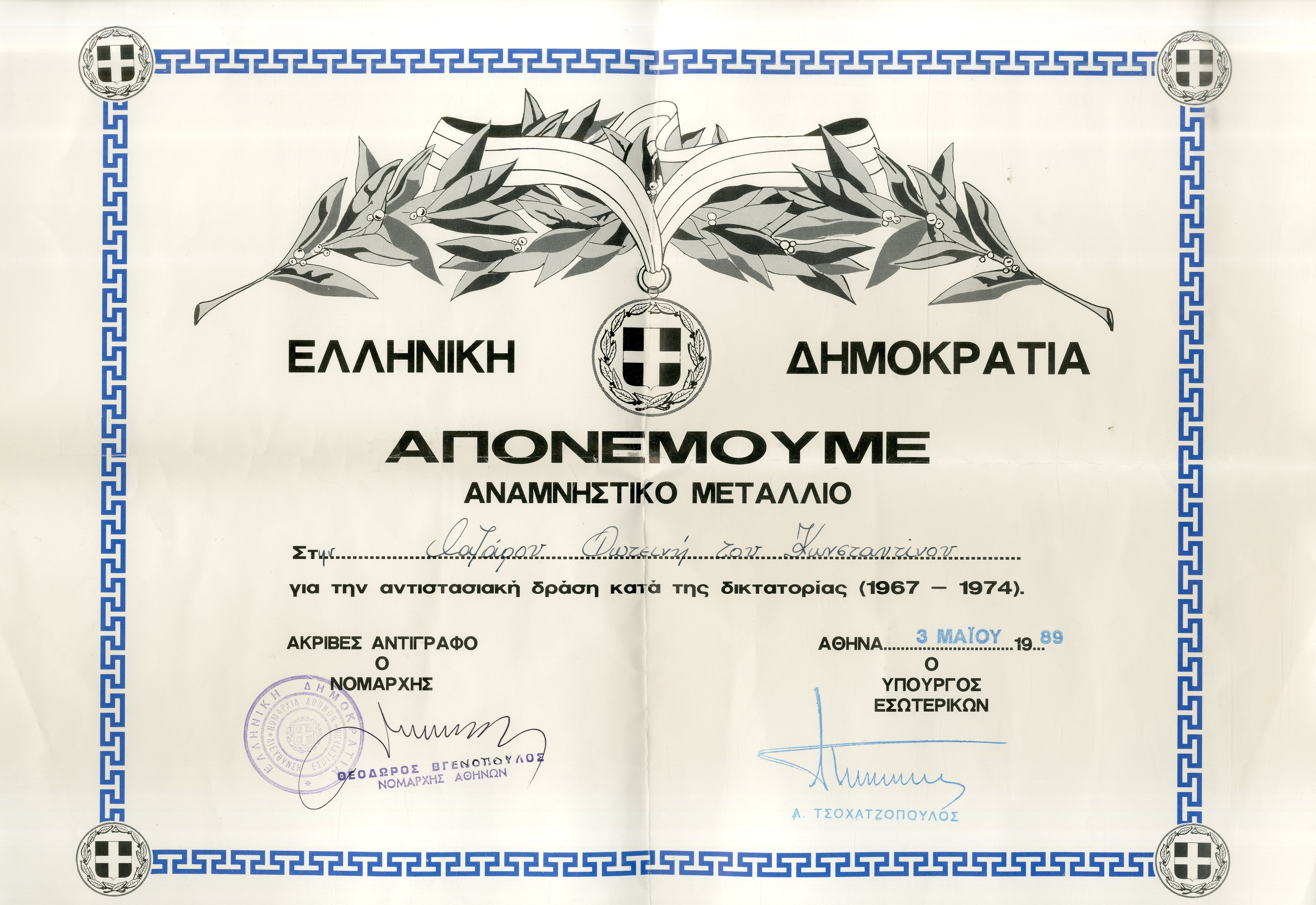A young Resistance leader
Her activity extended beyond the university as she took part in the demonstrations in occupied Athens, and despite the lack of trust shown by their male colleagues, Lazarou and other young girls went on to set up their crews and go around the city at night illegally writing slogans on the walls against the German and the Italian occupiers. The Occupation’s special conditions and especially her intense involvement with the Resistance resulted in her neglecting her studies: “I had taken my first exams at the end of ’41, and I passed the second year in ’46 because in the meantime I had other priorities…”
When the largest and most massive youth organization, the EPON, was founded in February 1943, it merged many of the earlier resistance movements and Lazarou joined the new organization. Apart from her activities at the University, from 1943 she was responsible for recruiting young working women into the resistance movement. Her field of action was mainly in and around the port of Piraeus. In this context, she contacted young women who worked in the factories of Piraeus, mainly in tobacco and textile factories where the female working population was particularly high, aiming to improve their working conditions (increase in wages, food distribution, working hours). The conditions for the recruitment of women workers were not easy. Along with the risk of arrest by the occupation authorities, the opposition of Greek employers to trade union demands, as well as the women’s reluctance were inhibiting factors.
However, the extreme conditions during WWII changed Greek society profoundly:
“War, Occupation, Resistance was a cosmogony. Life changed. People changed, minds changed, and perceptions changed. Young working women found the strength to change their destiny, they felt that they too had a responsibility to fight for freedom and broke the shackles and restrictions of home. They organized themselves, and they fought. And they gained knowledge, strength, confidence, and self-assurance. In the struggle, they revealed abilities that had remained unused, and they set out to catch up with everything as if they wanted to shake off centuries of slavery and backwardness all at once”.

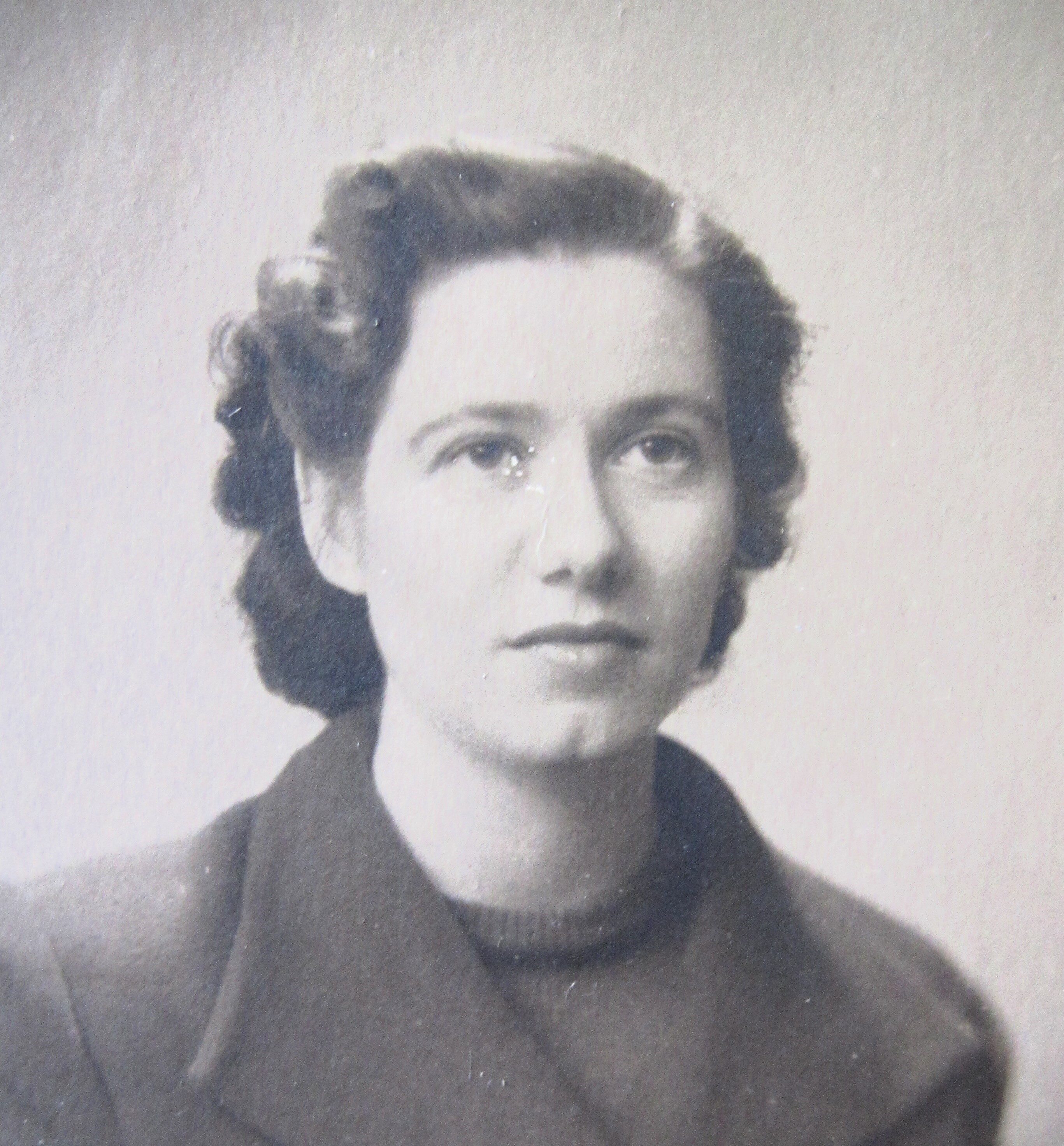
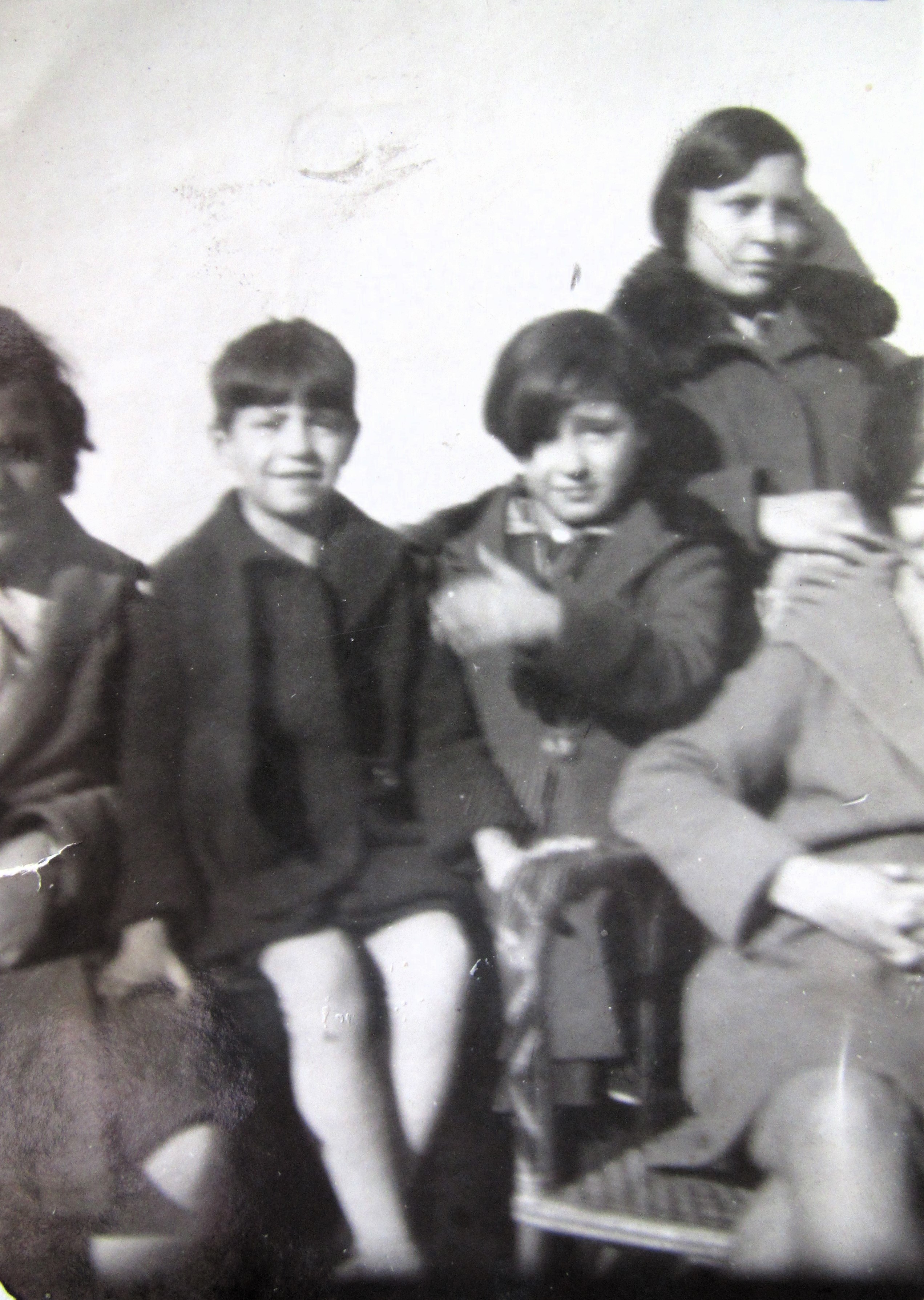
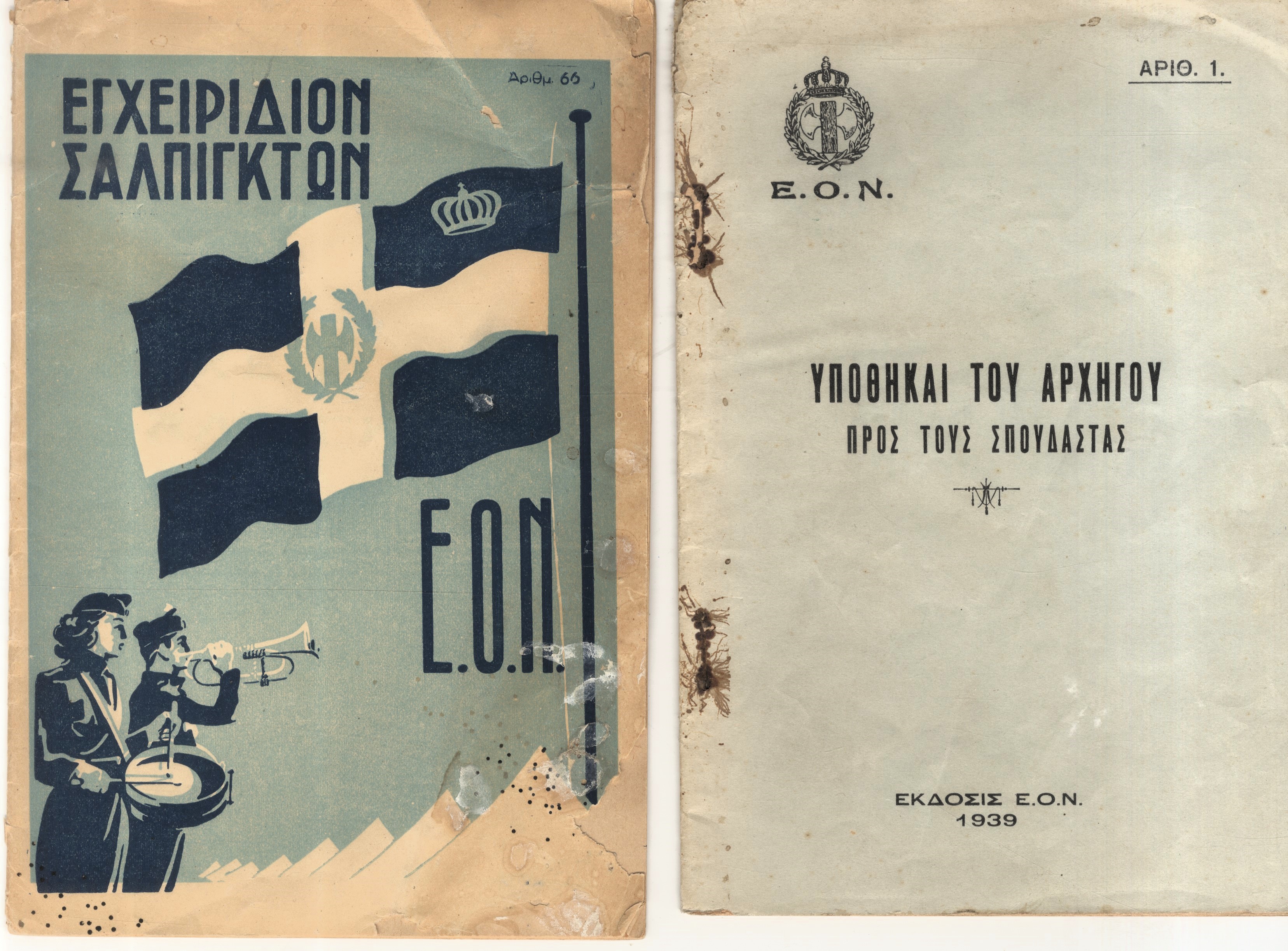
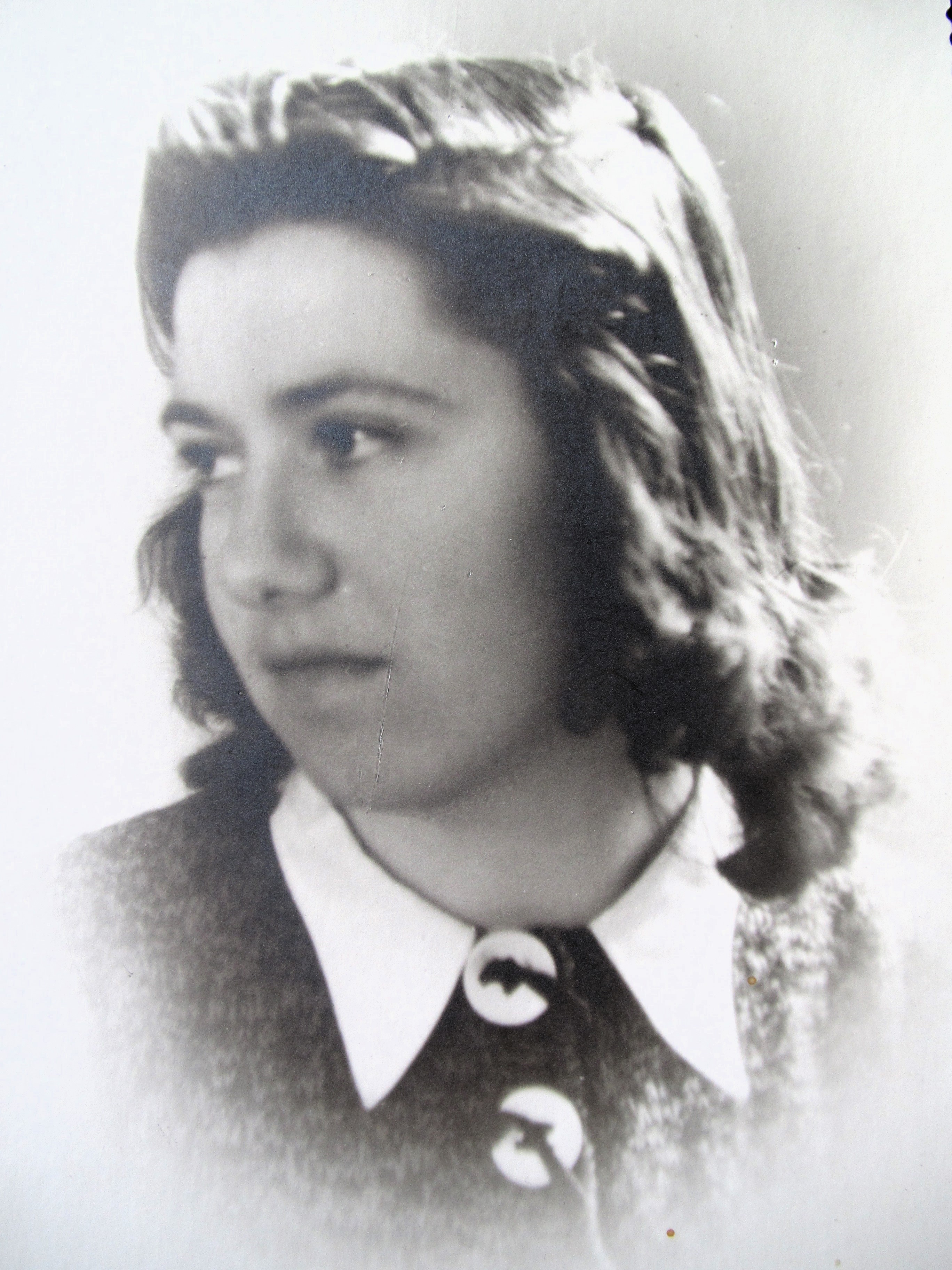
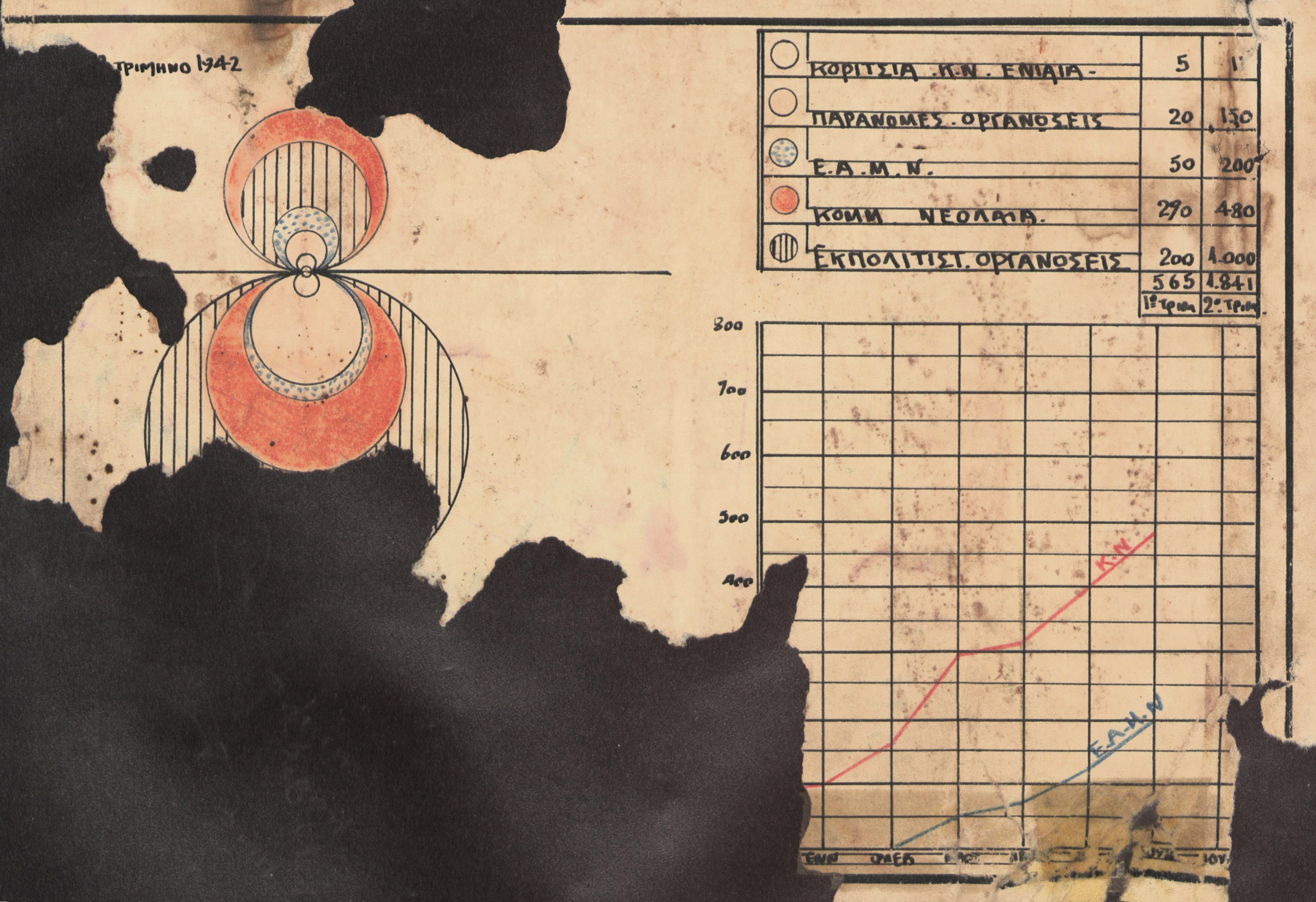
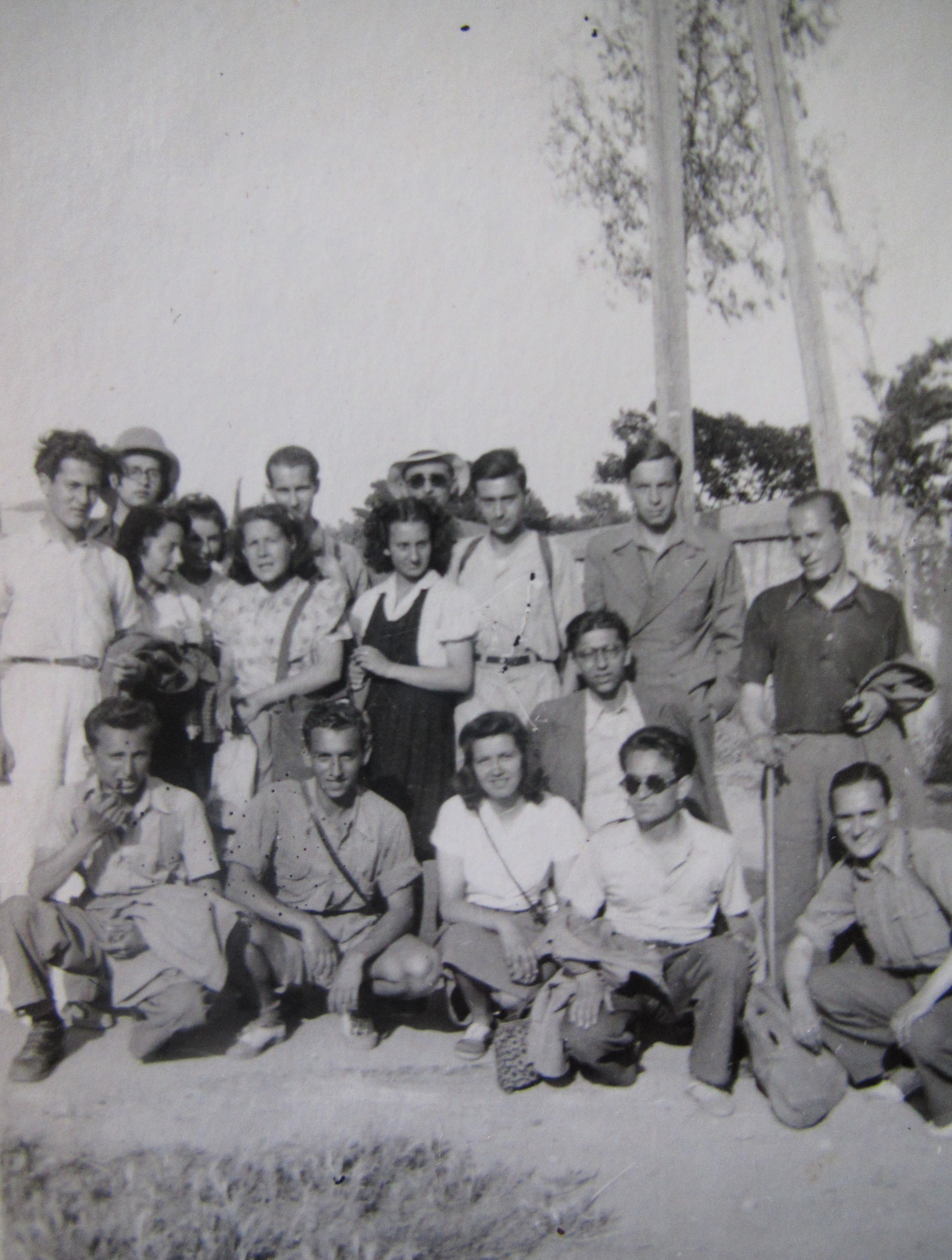

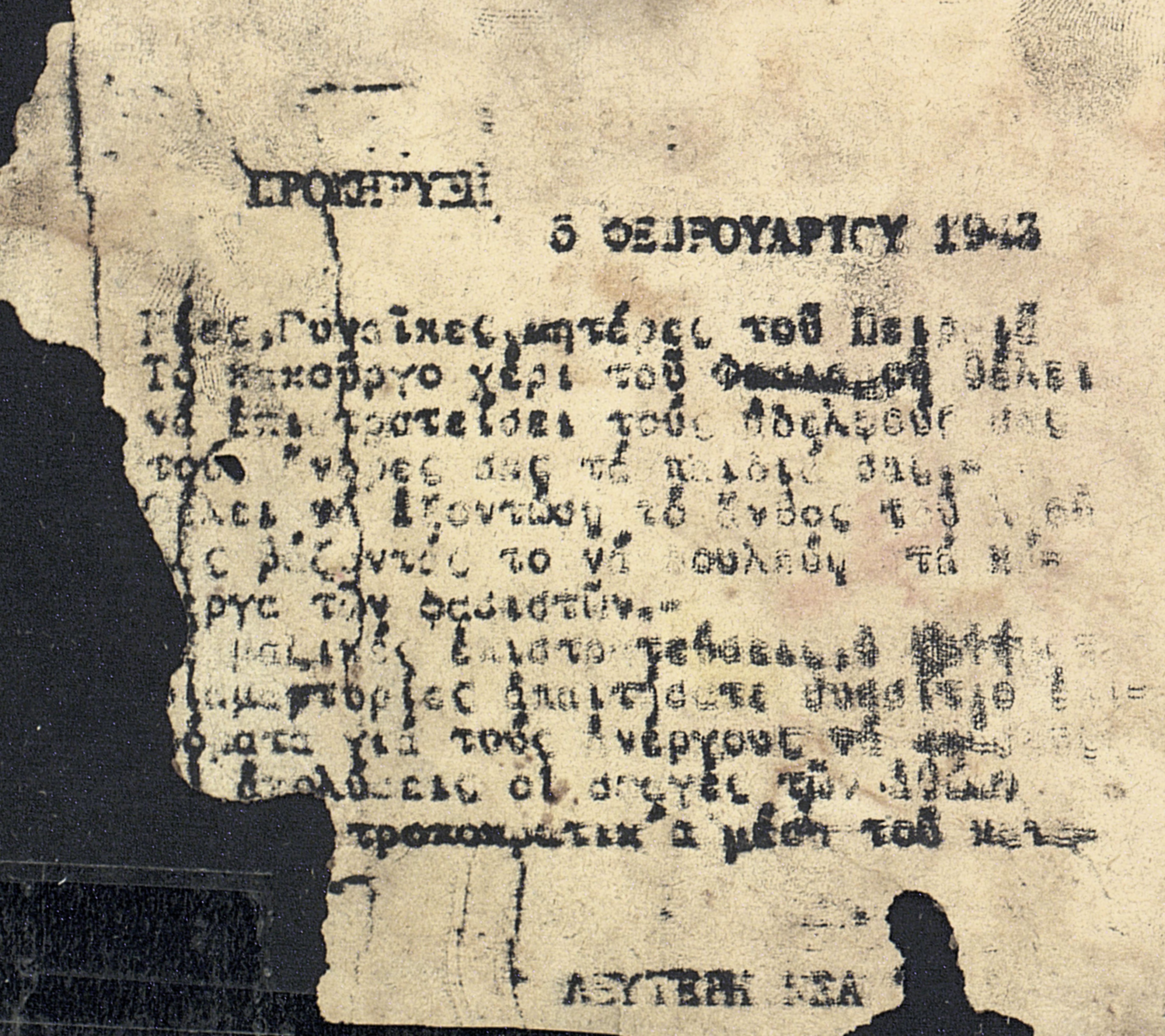
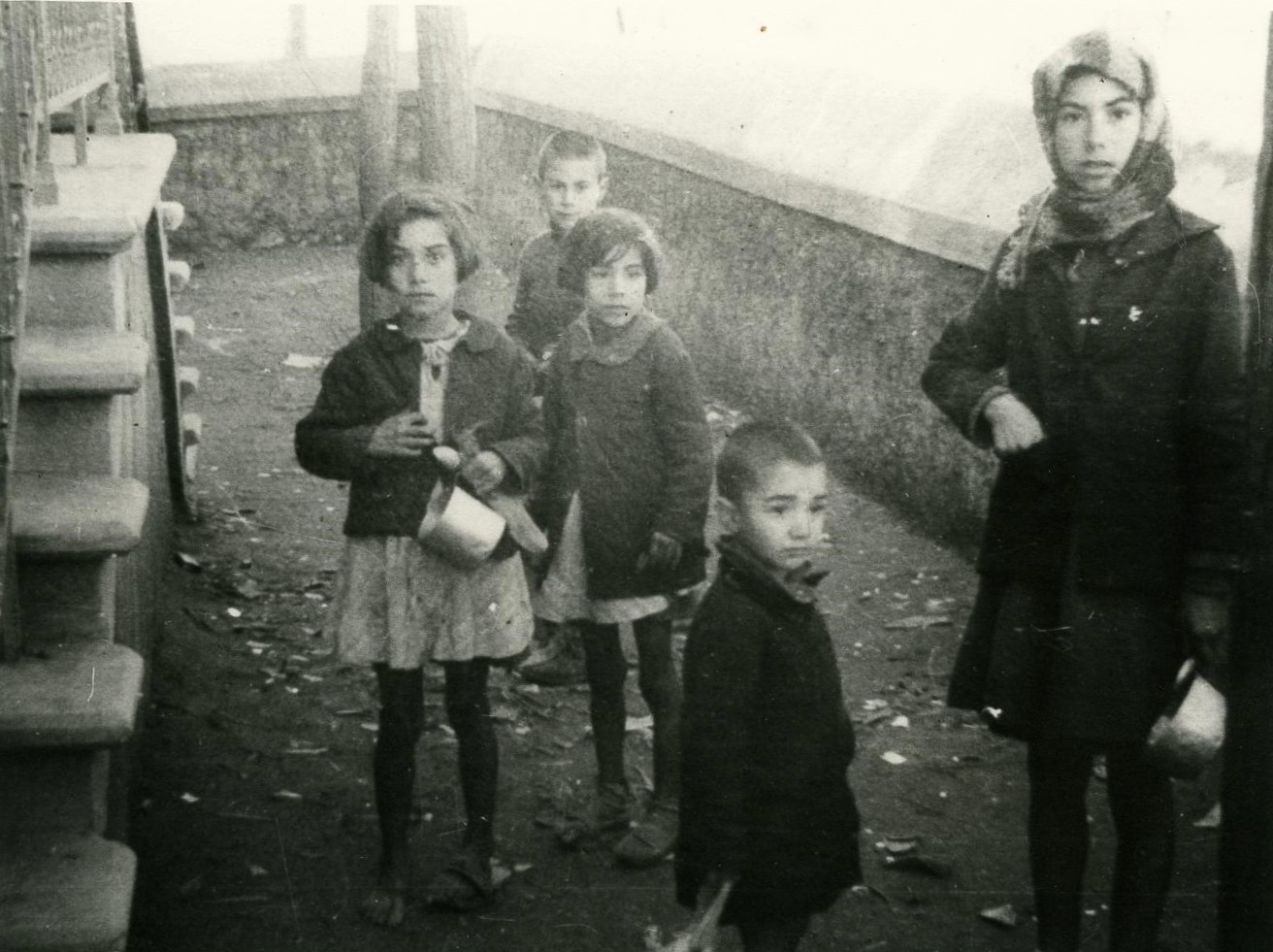
![Extract of a Memorandum from the Student Committee to the Directorate of the Student Club's Tax Office regarding the issues of the student soup kitchen, [1942]. Source: ASKI, EPON Archive](https://aski.gr/wire/wp-content/uploads/2024/01/ASKI_Lazarou_09.jpg)
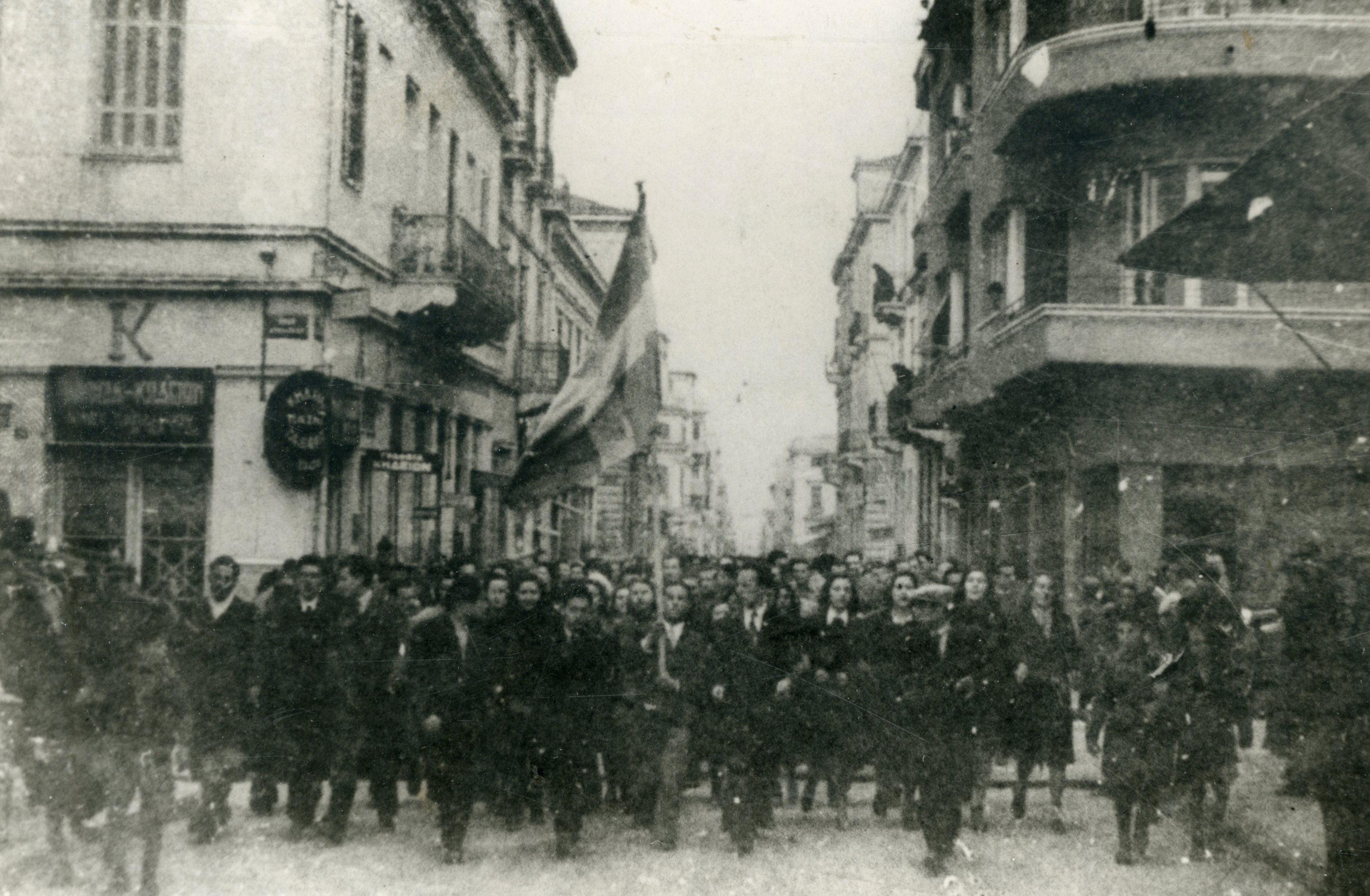
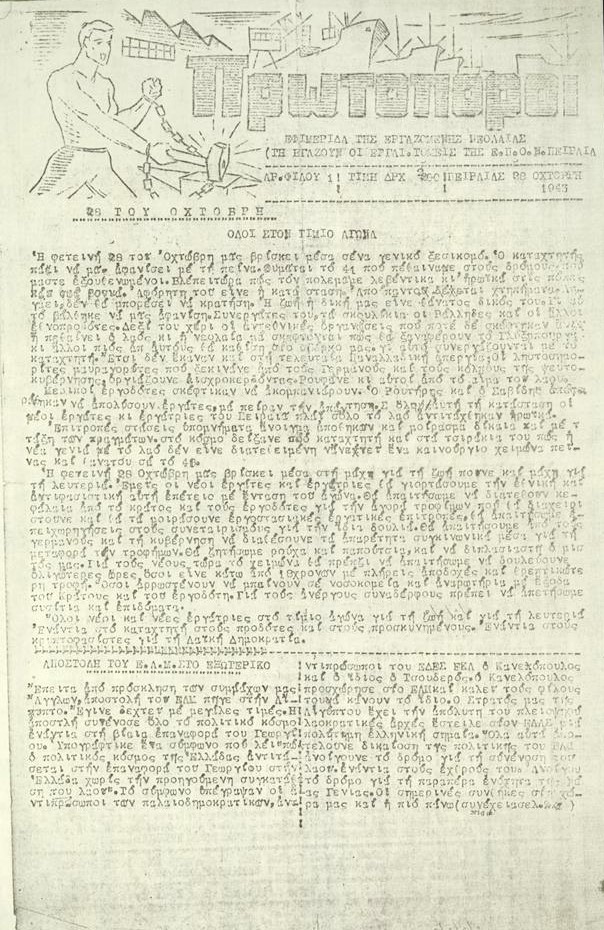

![Transcript of a course of the EPON Higher Institutions (university students) on the attitude of detainees after their arrest from the security forces, [1943]. Source: ASKI, EPON Archive](https://aski.gr/wire/wp-content/uploads/2024/01/ASKI_Lazarou_013.jpg)
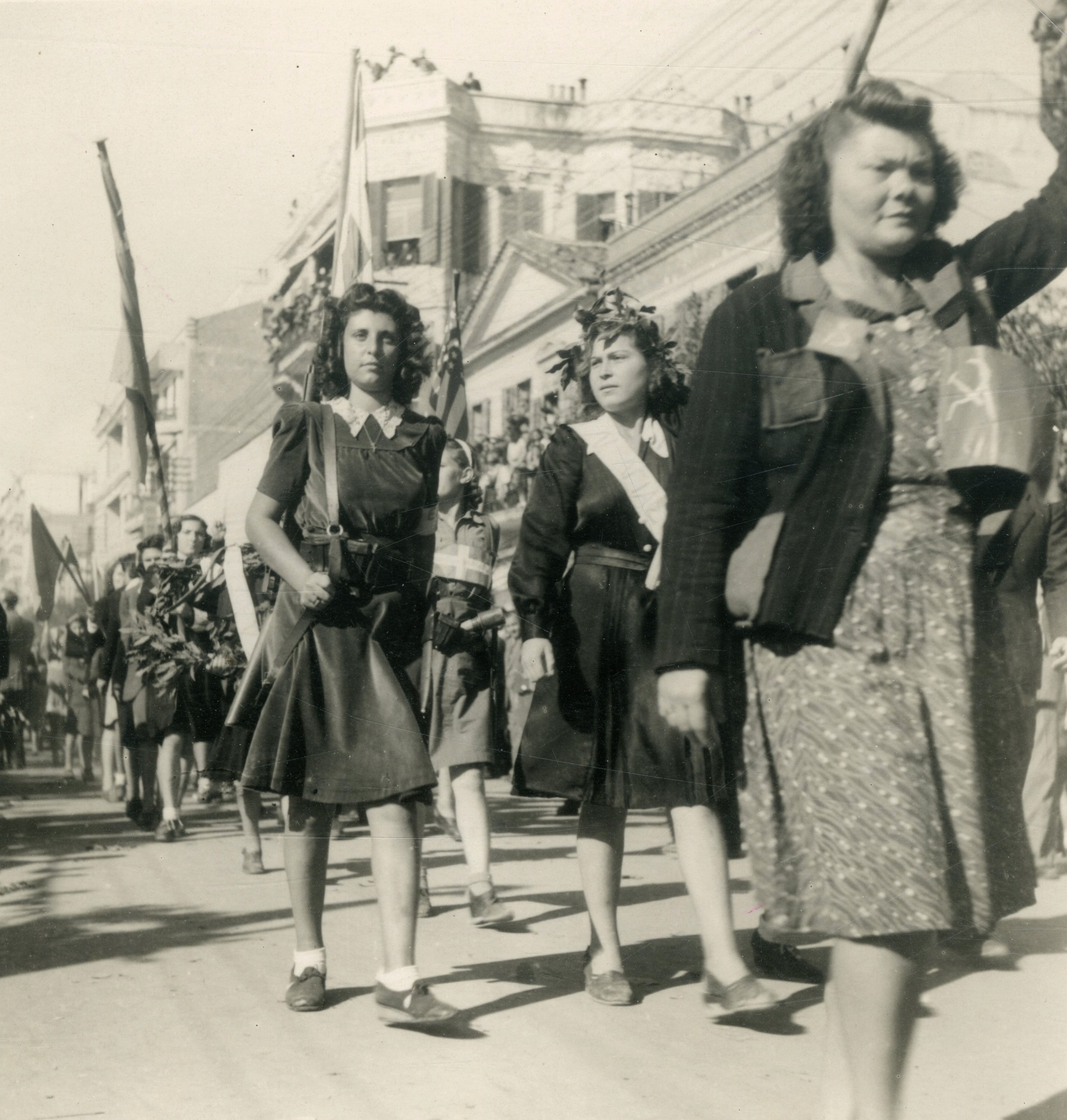
![Young girls members of the Women's Section of EPON at a demonstration holding the flag and the initials of the organization, [1944]. Source: ASKI, EPON Archive](https://aski.gr/wire/wp-content/uploads/2024/01/ASKI_Lazarou_014b.jpg)
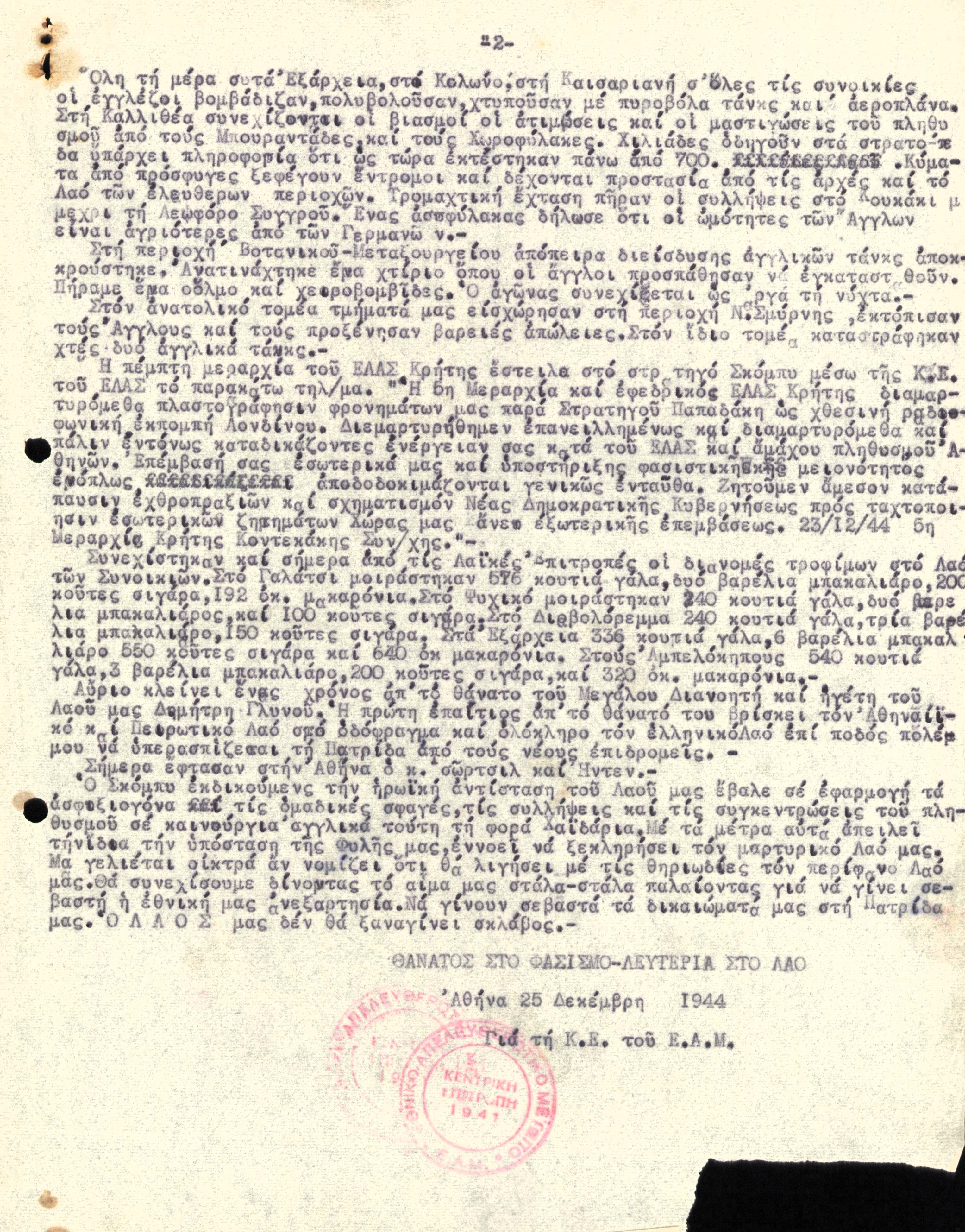
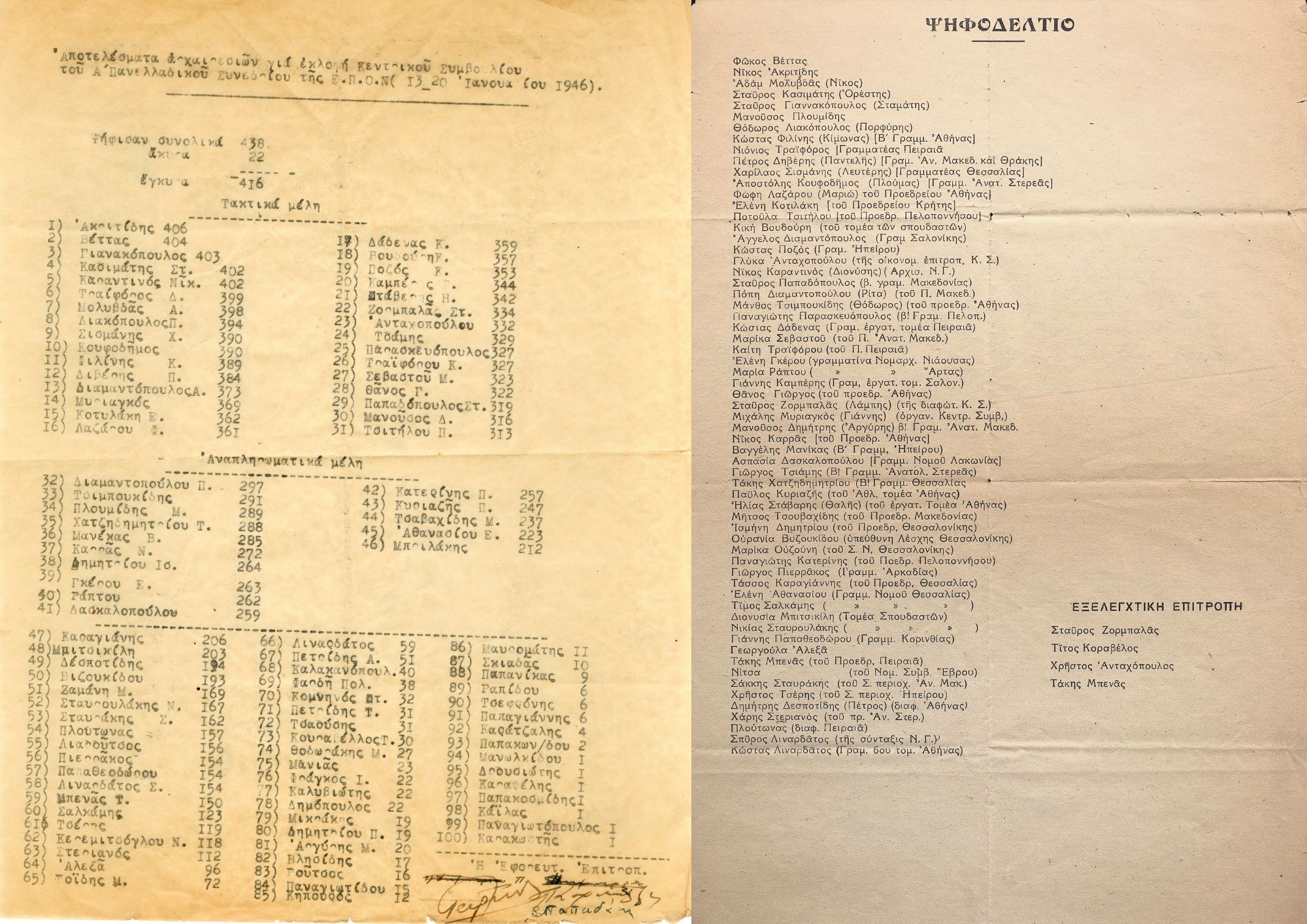
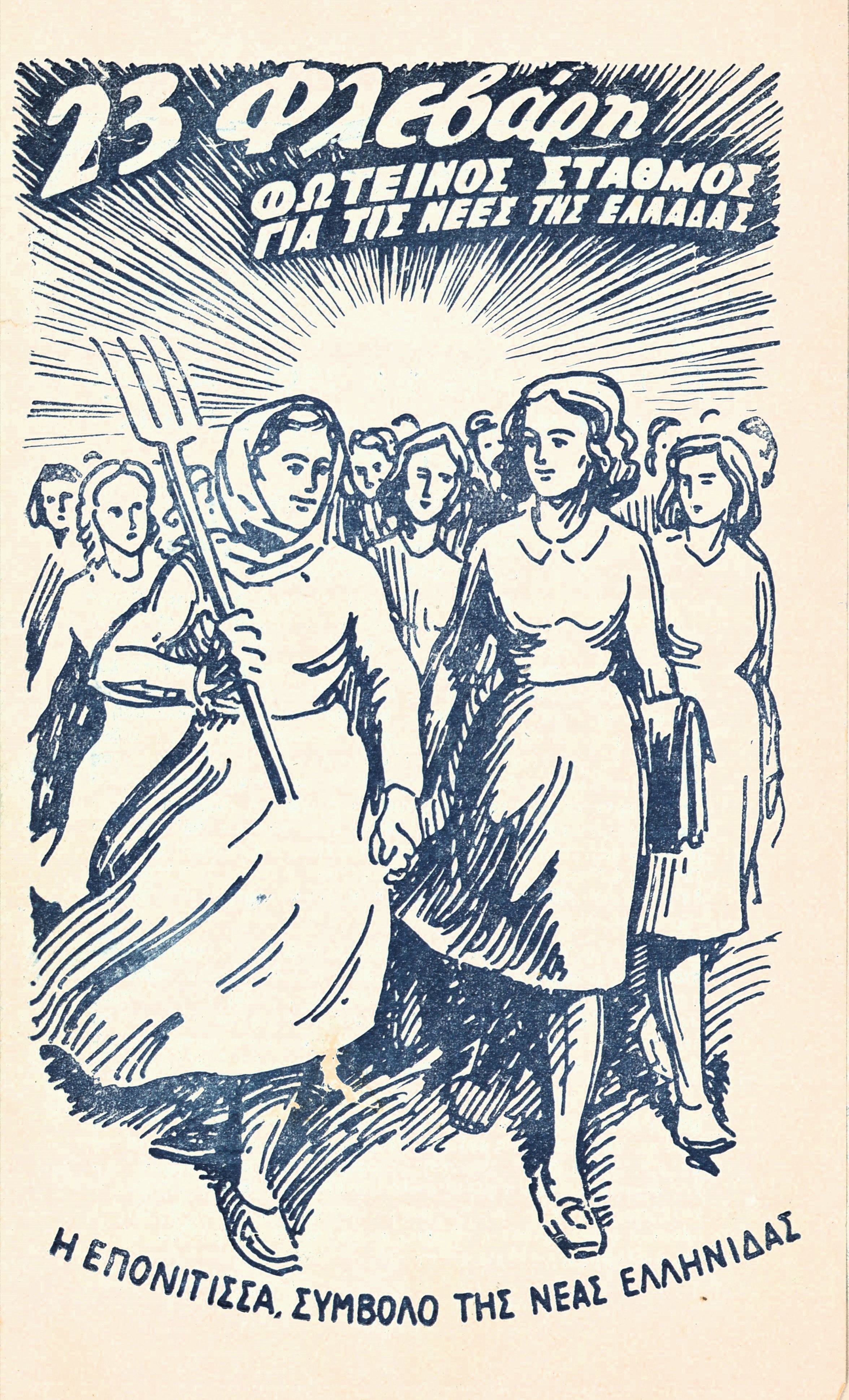
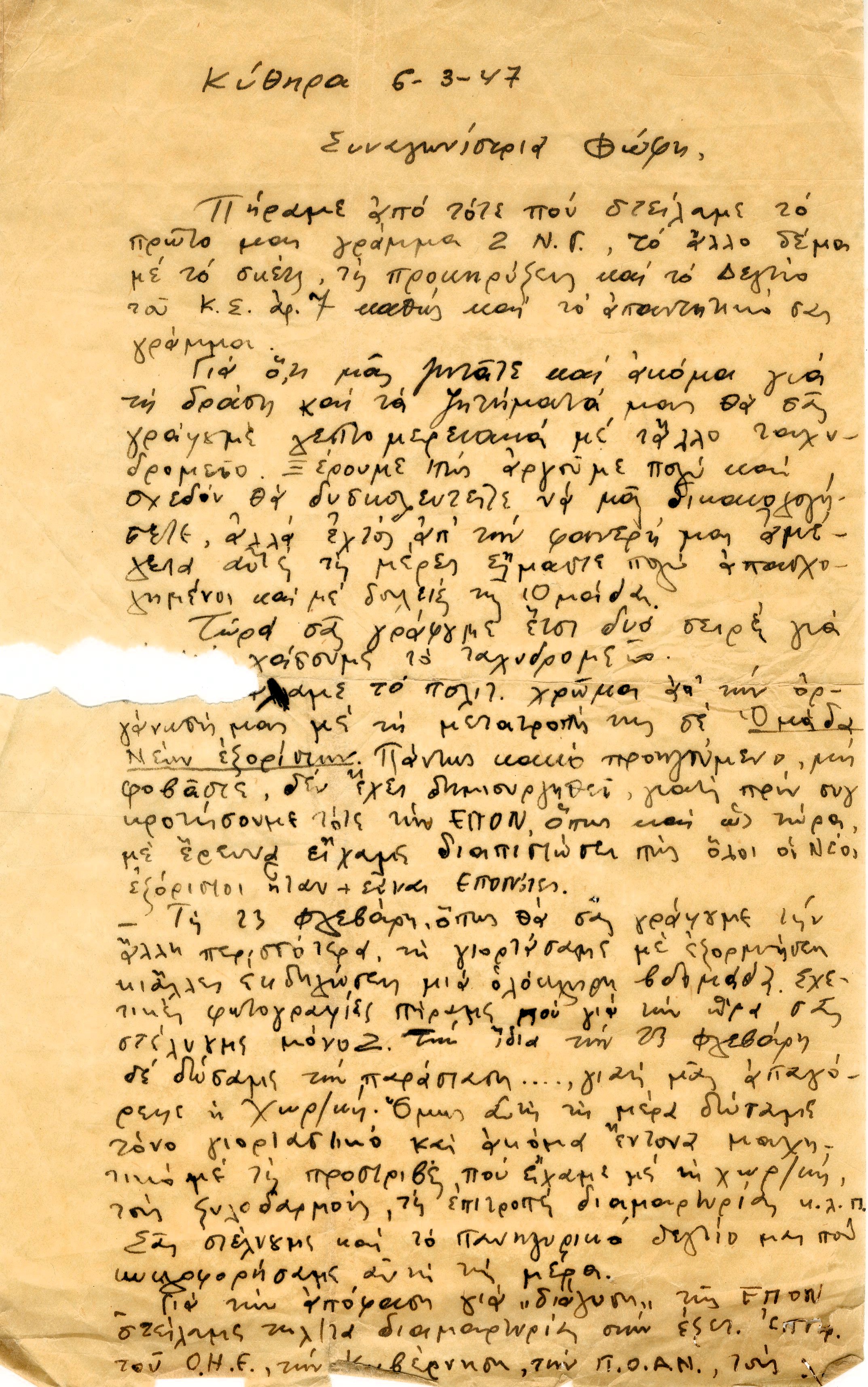
![Extract from the Minutes of the Special Military Court for the trial of 27 accused [EPON members], including the fugitive Fofi Lazarou, February-March 1949. Source: ASKI, Archive of Fofi Lazarou](https://aski.gr/wire/wp-content/uploads/2024/01/ASKI_Lazarou_019.jpg)
